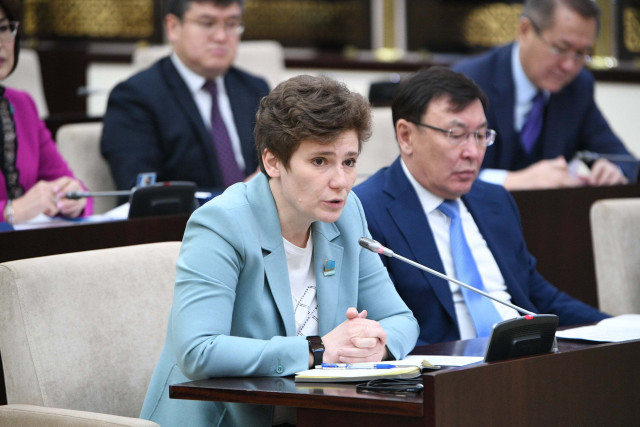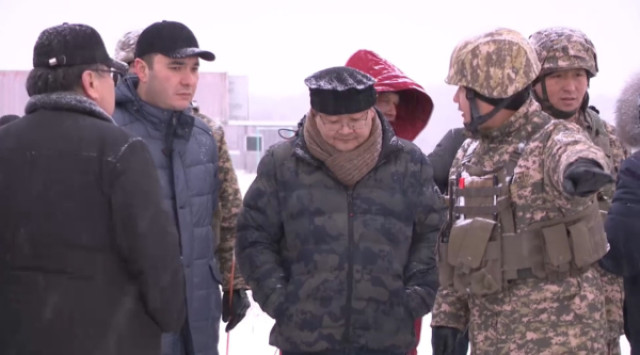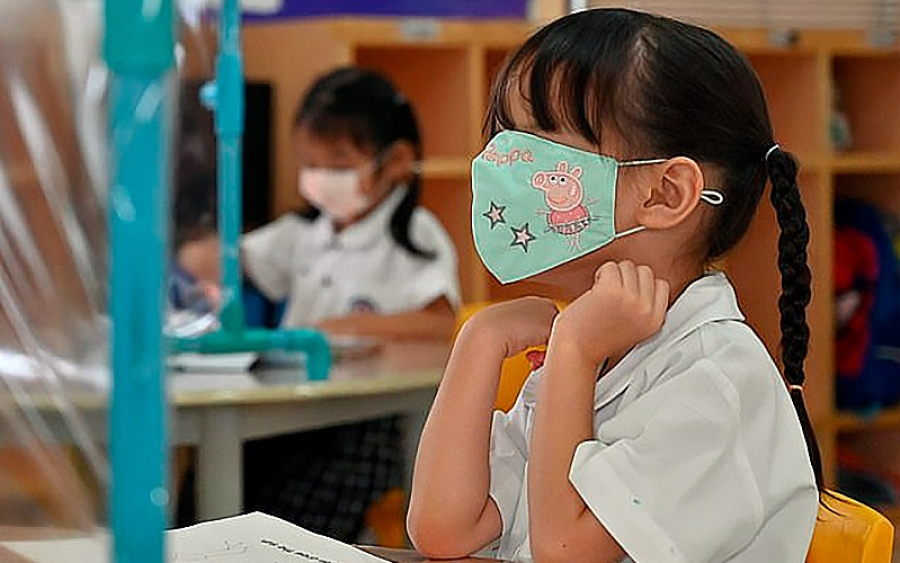
A decision on saigas culling sparked a massive public outcry. In Kazakhstan, the regulation of saiga antelopes of the Ural population will begin from October. 80,000 heads out of 800,000 will be killed in West Kazakhstan region. 500 saiga antelopes are going to be experimented. According to the census, last year their number amounted to 842,000, this year – 1,318,000. Animal rights activists, in turn, oppose this measure.
“It is prohibited to cull saiga antelopes. I think there are interested persons who front for this and are not against their extermination. In my opinion, this is a real tragedy. There was a time when we almost lost these unique Red Book animals. The state allocated considerable amounts of money to restore the population. Are we going to destroy them again with our own hands? If there is 10 percent, there would be 50 percent, we cannot track this, where are the guarantees? Culling should not be allowed,” opined Azamatkhan Amirtai, Organizing Committee Chair, the Kazakhstan’s Environmental Party ‘Baitak’.
According to the Ministry of Ecology, these measures are taken because saigas trample land and pastures. Meanwhile, the agency stresses that regulation is not extermination, but a control of saiga population growth. In addition, it is planned not only to shoot, but also to take measures in increasing the number of certain populations.
“Currently, the Institute of Zoology has invented biosafety regulations for controlling the number of saigas. 10% of saigas is subject to regulation, which will not adversely affect its population. A separate organization will be responsible for this process. In general, everything will be under the control of the competent authorities, governors’ offices, representatives of the ministry and their territorial divisions,” said Bakytzhan Issakhayev, Chief Expert of the Forestry and Wildlife Committee.
Solutions for the numerous discussions on this issue are still unclear. Meanwhile, the “Saiga Case” will be discussed on July 7 at a special meeting with the participation of ecologists, public activists and representatives of the competent departments. This issue remains under the close attention of correspondents of our TV channel.









